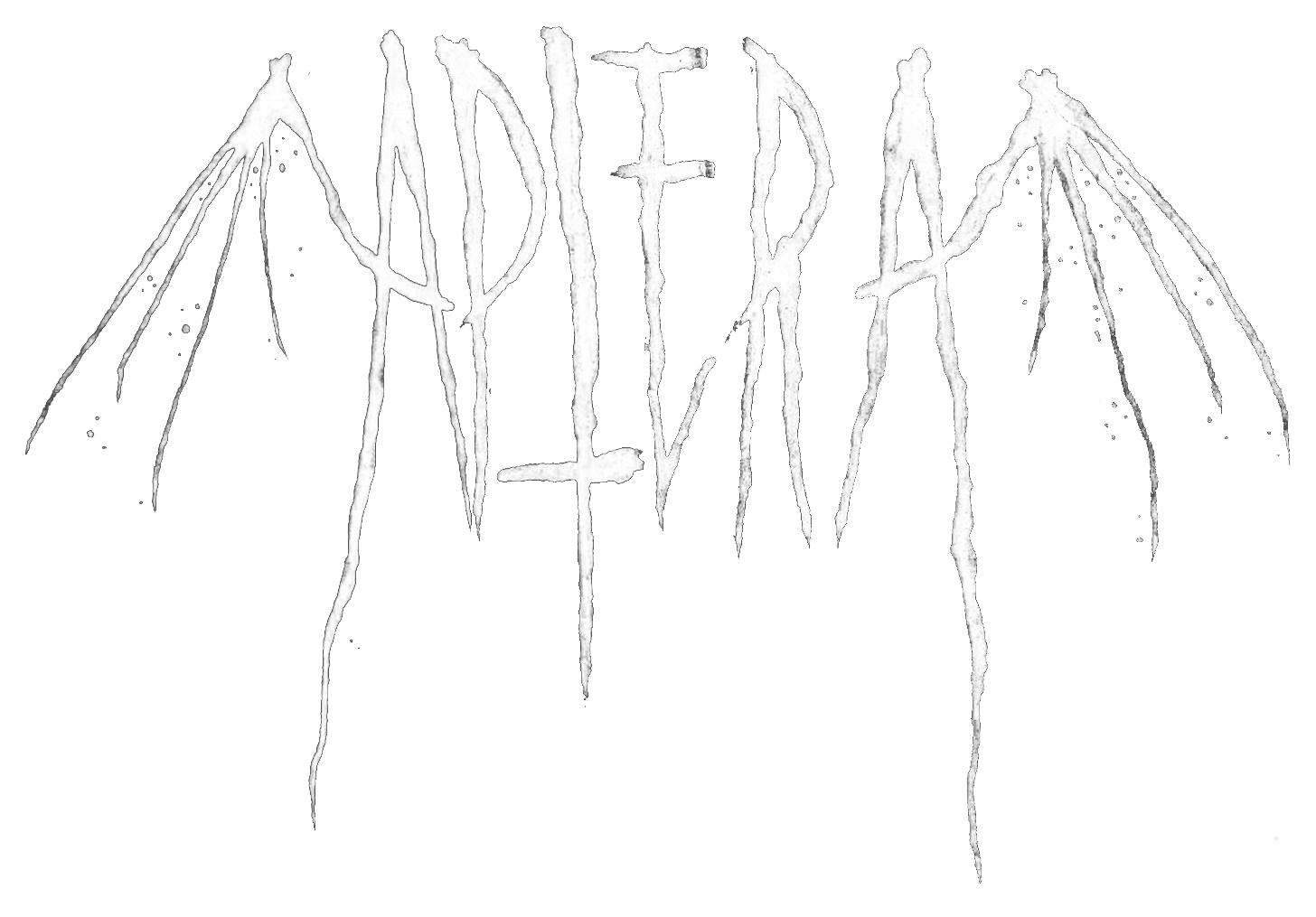
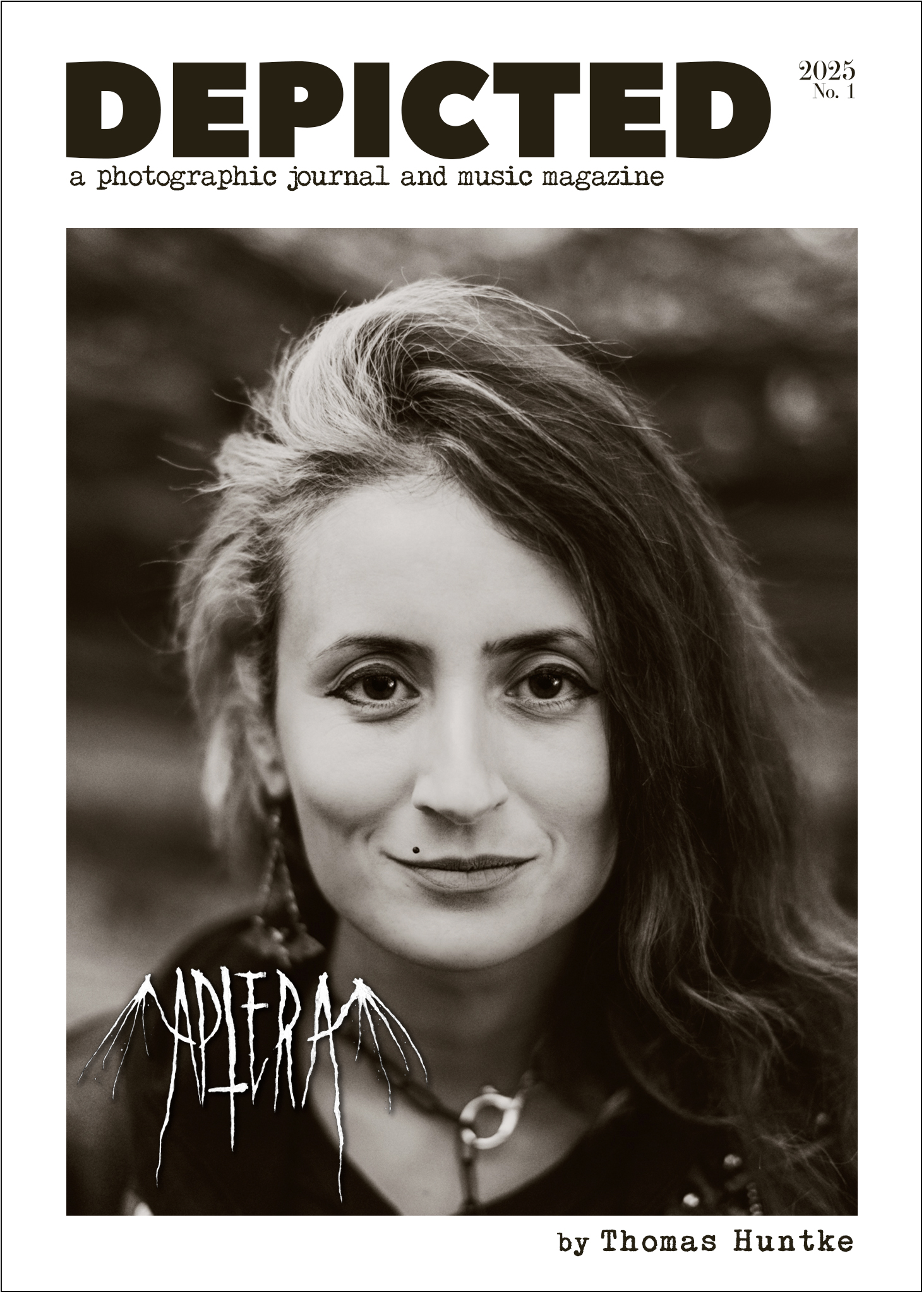
What do I want to talk about?
Uncomfortable topic!
Lately I was talking with some friends about how, especially in the country where I’m from [Italy], even if you are an agnostic adult person, religion has been, at least to some extent, part of almost everyone’s educational background in early childhood, at least for people of my age and older. Even if you went to public schools, like me, you always had like, this one hour-per-week-thing where you went to something that is called catechism, unless your parents were very progressive or not catholic.
My parents were not particularly religious, my father was not at all actually, but simply, that is where most of the children between 6 and 11 went once a week after school. Also, I come from a small town.
We have actually the same in Germany, religion is a school subject. There is an alternative if you don’t want to join religious education, it’s education about ethics. When I went to school the catholic kids had a catholic class and the protestants had a protestant class, so there was a clear separation.
In the public school? Wow. In Italy you also have religion classes in public school that you can also avoid if your parents don’t want you to go. But there’s only one option, of course and that is catholic religion. At least back then – I don’t know if things changed. There was no one who made you pray; it was more about theology or philosophy. It depended on the teacher. But still, you had to go to this class one hour a week, it was usually close to the church. If you had bad luck, you had a nun as a teacher. And then you had to do all these sacraments like the confession and the communion until you were ten or something like that. That was probably more of a habit, rather than something people believed in, at least in my family and in my surroundings, I guess. It was like going to school: this was what every child did. It was also probably a way to keep them busy. It was just the standard.
And so, in the end, part of the education we received as children was somehow permeated by this. No wonder that some become rebellious teenagers and get into séances… like me hahah. So, in conclusion, an adult person who considers themselves agnostic, might still have been exposed to quite a few debatable catholic “concepts” or “ideals” as a child. And completely against one’s will! And most of these concepts I find absolutely crazy, especially for a young child. Consider that the first sacrament you had to do is called “the confession”! This all revolves around the concept of guilt and of sin. It starts when you are six and then in the second year, you need to prepare to understand what guilt means, what sin is, and that you need to clean your soul. There is this prayer that is called “I confess”. When you say it, at some point, you have to put your fist on your chest and say “per mia colpa, mia colpa, mia grandissima colpa” – for my guilt, my guilt, my enormous guilt.
“WTF!!” my brain thinks nowadays.
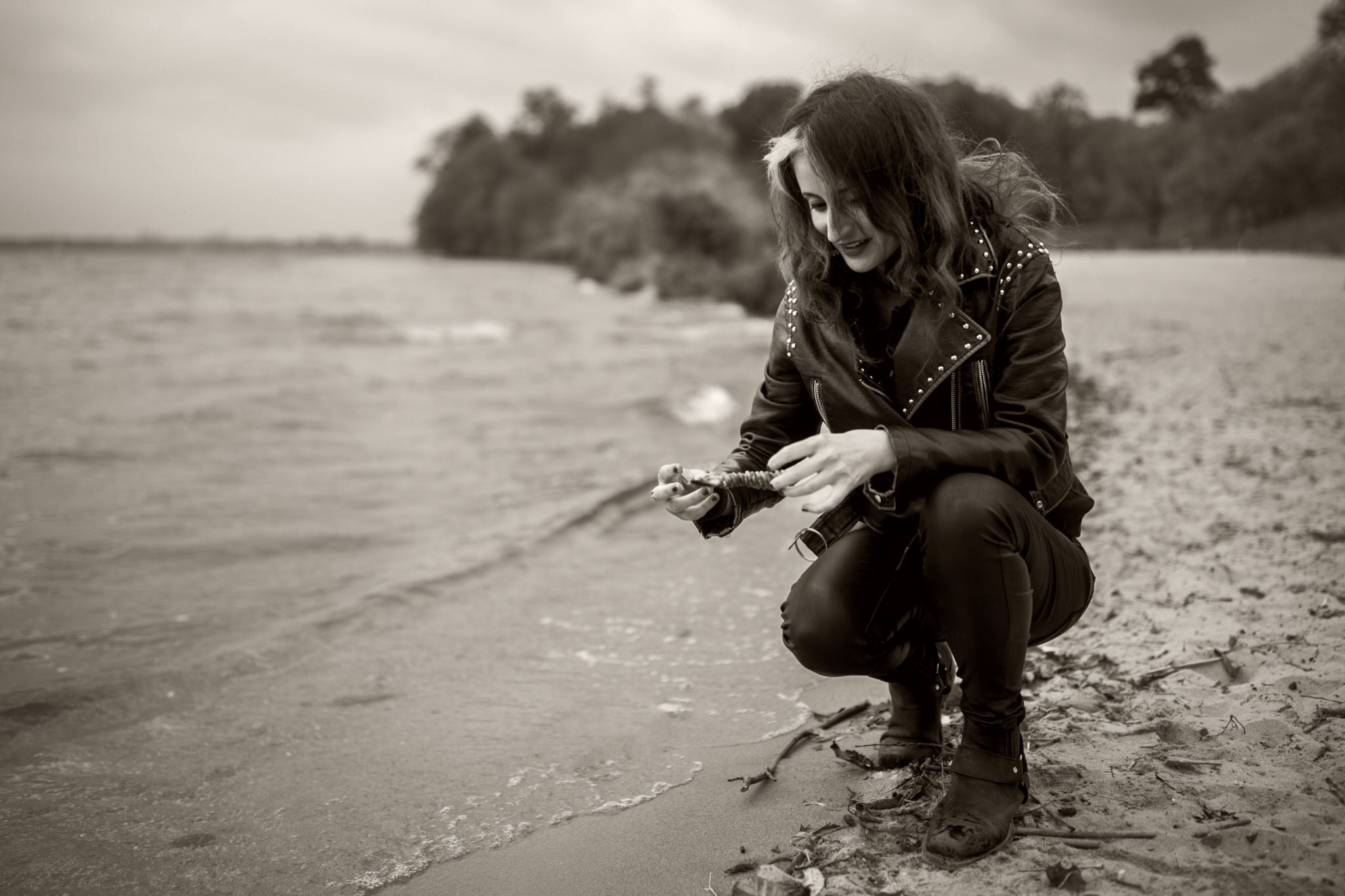
And this is so crazy, in general. If you think that this is done by a child who is maybe not even seven years old. Of course, you can somehow distance yourself by just memorizing the words, moving your mouth and thinking about something else, but still. I find it so weird. I always found it weird, but I think when you are of that age, you are not yet even to the point where you can clearly understand it and you don’t complain or fight it in a way that is aware or self-aware. You hate doing it and when you get a bit older you just skip it. But when you are 6 or 7 you are just too young for that, so you kind of just stick around because also your friends are there too and you play together afterwards, it’s something that all the other kids do. But what the hell! When I think about it, I find it so wrong and also abusive.
When you make this confession, you have to go to the priest, and before that you have to think about all your “sins”. Now, which kind of sins did a seven-year-old commit? Then you have to tell them to the priest, you have a chat and then usually you need to say a certain amount of Ave Maria or Padrenostro to “cleanse your soul”, depending on how bad it is. So, the kid is seven or younger and needs to sit down and think, ok, what did I do? What have I done wrong since the last time? When nothing comes to your mind, they even try to give you ideas.
You know, I am outright against it and as soon as I could, I just quit. When I was ten, I had to do the last thing you have to do, I don’t even remember the name, like confirmation or so. Of course, I was like no, I don’t want to go anymore. And then that was it. But still, I wonder how much of this, as a very young child, can shape even subconsciously a part of your personality or at least of your growth?
So, I think this needs to be in a song. Because for sure I am not the only person thinking about it.
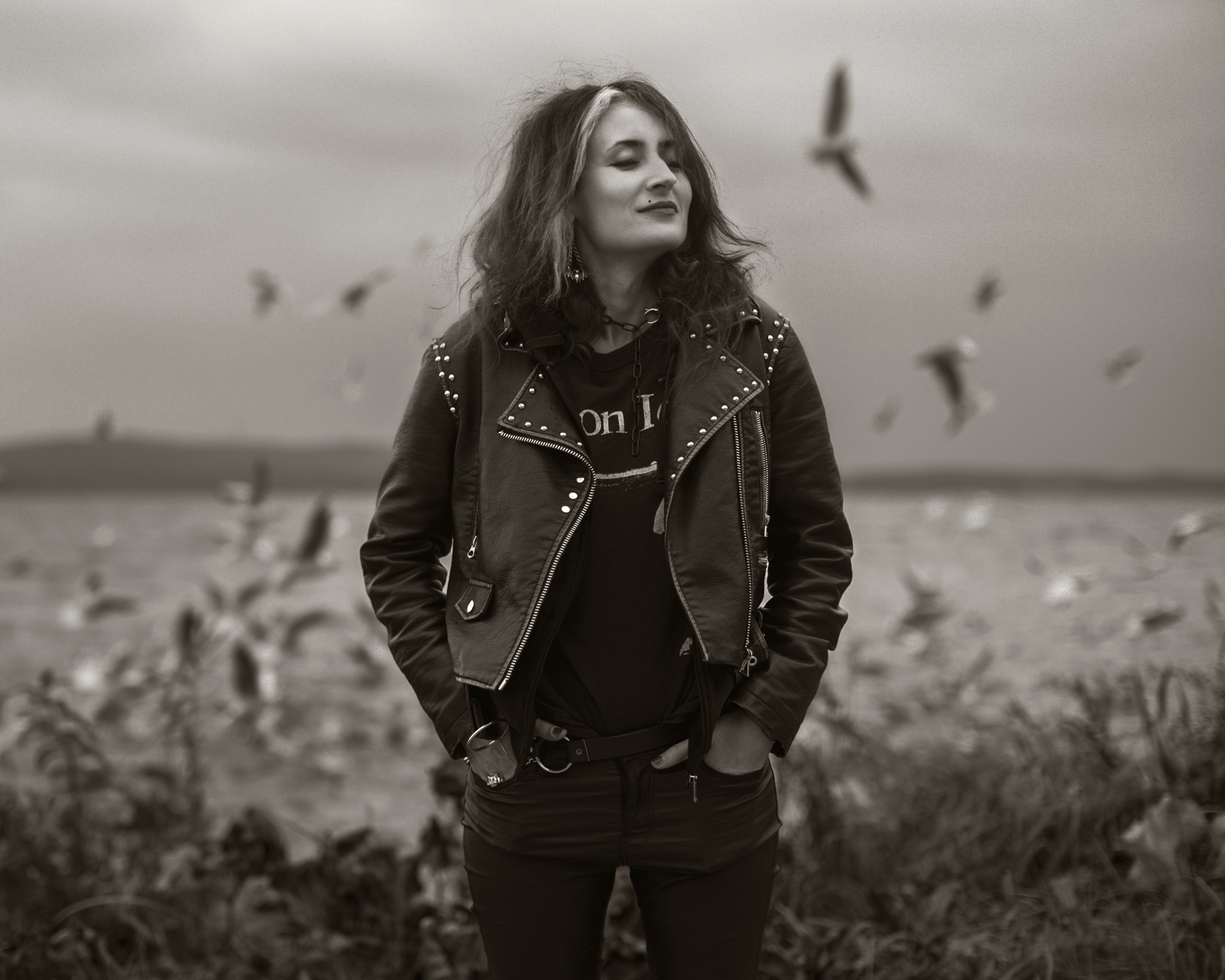
I think these are very Medieval relics in a way. These rituals are not even based on the teachings of Jesus Christ at all. This whole concept of sin and guilt was invented by Paulus afterwards.
This is also some kind of patriarchal relic that needs to be eradicated. And talking about patriarchy, the same thing happens here: we fight against it while having grown up in a world based on a patriarchal system of beliefs.
Going back to sin and guilt, very debatable concepts, this stuff is hard to grasp for a child. When you are doing this kind of confession, there is not much reasoning behind it. I remember once I didn’t know what to say so I told the priest that while playing I damaged a piece of furniture at my friend’s house. He asked me if I did it on purpose and of course I didn’t, so he said that I was fine and that it wasn’t a problem. Still, the fact that you must show up and confess is a subtle assumption that you have done something wrong. Why??
Self-reflection by itself is good, but in these terms, not really!
I think it’s also absurd that when you have committed a sin that you can make it good by simply doing some prayers. What if you stole something or killed someone? How can you make this good in any way? Then what’s the point in confessing?
Yes, exactly. I don’t know. I’m no expert, I’m no theologist or pedagogue. Recently, I was reflecting on this, and I was like, wow, if you think about what someone puts in your head when you are that young, it’s bad.
It’s really a bad education for the kids. To tell them no matter what you do, you’re a sinner. How can they grow up with confidence and not as stressed human beings?
Yes. Or it’s like: should they do or not do something because that’s how they think or just because otherwise they would feel guilty? That’s completely fucked up.
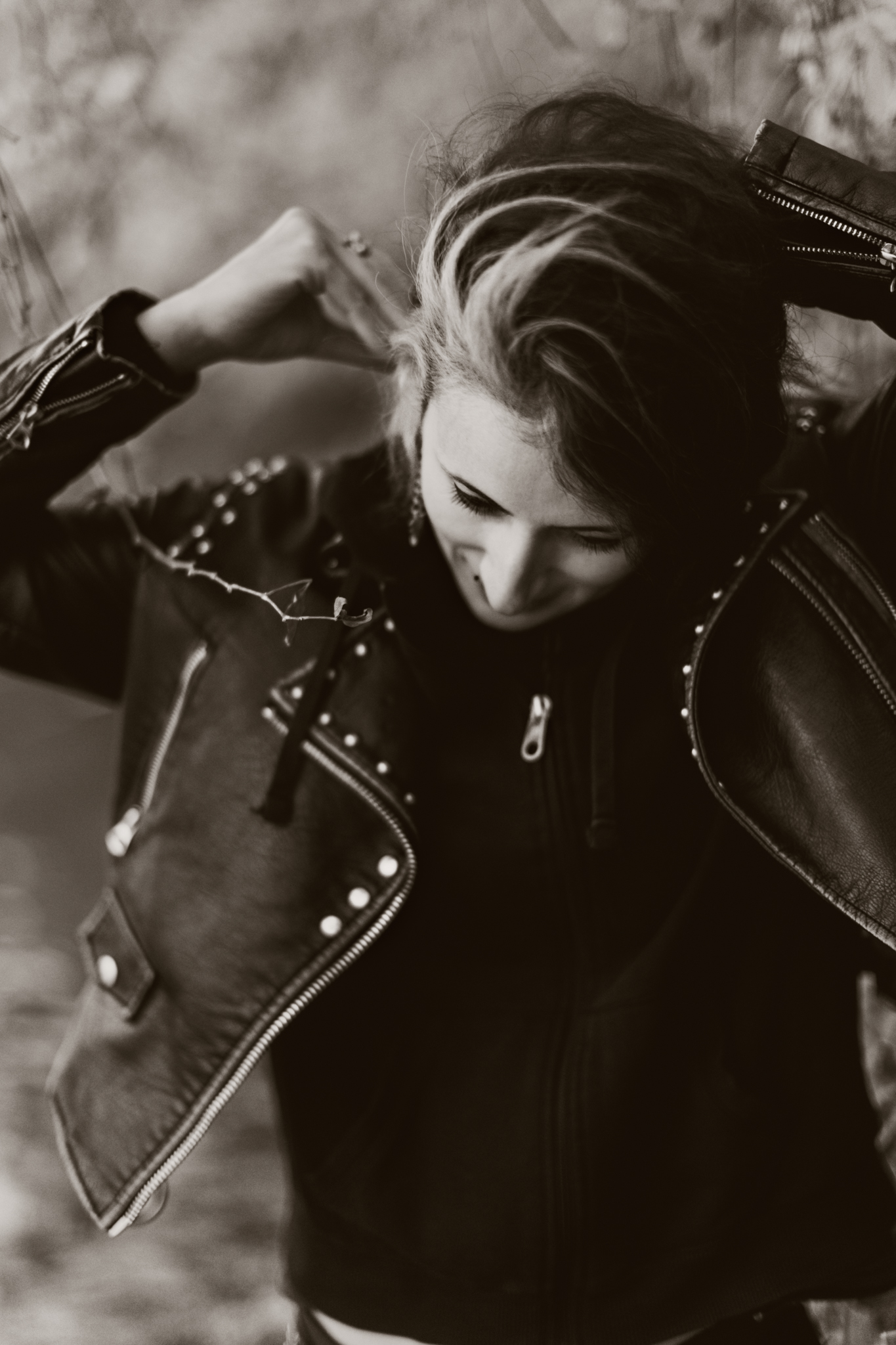
So, when you find an interesting topic like this and you decide to use it for a song, how do you put it in words?
It depends. If there is no music yet that could somehow fit with the topic, I would just write down some thoughts and strings of words that maybe go well together and could work well for a song. Other way around, when there is a song, meaning music that already needs lyrics and I find a topic, then usually at first, I try to put down some words. Then if I have a vocal line in mind, I adapt the text to this vocal line. This is the hardest part of the process as it might need changes, reworking and so on. In English it’s easier than in other languages because of syllables and phonetics. But it’s also not my native language. So, you have to do a kind of research, first of all about what you want to say, but also what sounds good together and what is correct in terms of the language. It’s funny because we have a native speaker in the band, Sara, and sometimes I had written some lyrics and then there was something that was completely off. Once the day before the recording, she was like, “no, that doesn’t make sense” or “This means something completely different”. So, we are lucky to have someone who could is able to notice it. Usually that’s how it works. I think some good writing just happens quickly, some needs more work and of course some we do together because we are two people singing in the band (Celia and I) and it is also nice to have everyone involved in the process. In any band I am or were part of, I always share the lyrics with everyone before playing a certain song live or before recording it.
Actually, I started to sing quite recently. In 2018, I could say. I only did some backing vocals here and there before and the first experience was in my very first band when I was 14 to 17. Also, in my very first band we were only women. More or less when APTERA started, I also started to sing in a hardcore-punk band called FALSOS POSITIVOS. That’s more my background, playing guitar in hardcore-punk bands, but then I met some people who asked me to sing in a band that they were starting and so there I was, only screaming and jumping around like a monkey. My role there was to sing and write the lyrics and I was the only one singing then. It was also a different type of music, and I think the feeling of anger was more present there. I was mostly writing about political and social topics like everything that was making us super pissed off. Some actual facts like people dying in the Mediterranean Sea while trying to come to Europe “MeDEATHerranen Sea”. There was also one song called “Barin Lives” about Barin Kobane, a woman who was fighting in the YPJ (all-female revolutionary unit in Rojava) and was brutally killed. So, I was always trying to tackle topics inspired from things that were happening and were really shocking. I also wrote some lyrics about Palestine; they did not turn into a song because the band kind of stopped existing at some point.
I think that sometimes the style of the music or the song guide you into the choice of the topics for the lyrics. With APTERA we also have songs that are more direct and some others that talk about a certain topic metaphorically or through or a story taken from mythology. And sometimes you also let the nature of the sound guide you. I would say in 95% of the cases the music comes before the lyrics.
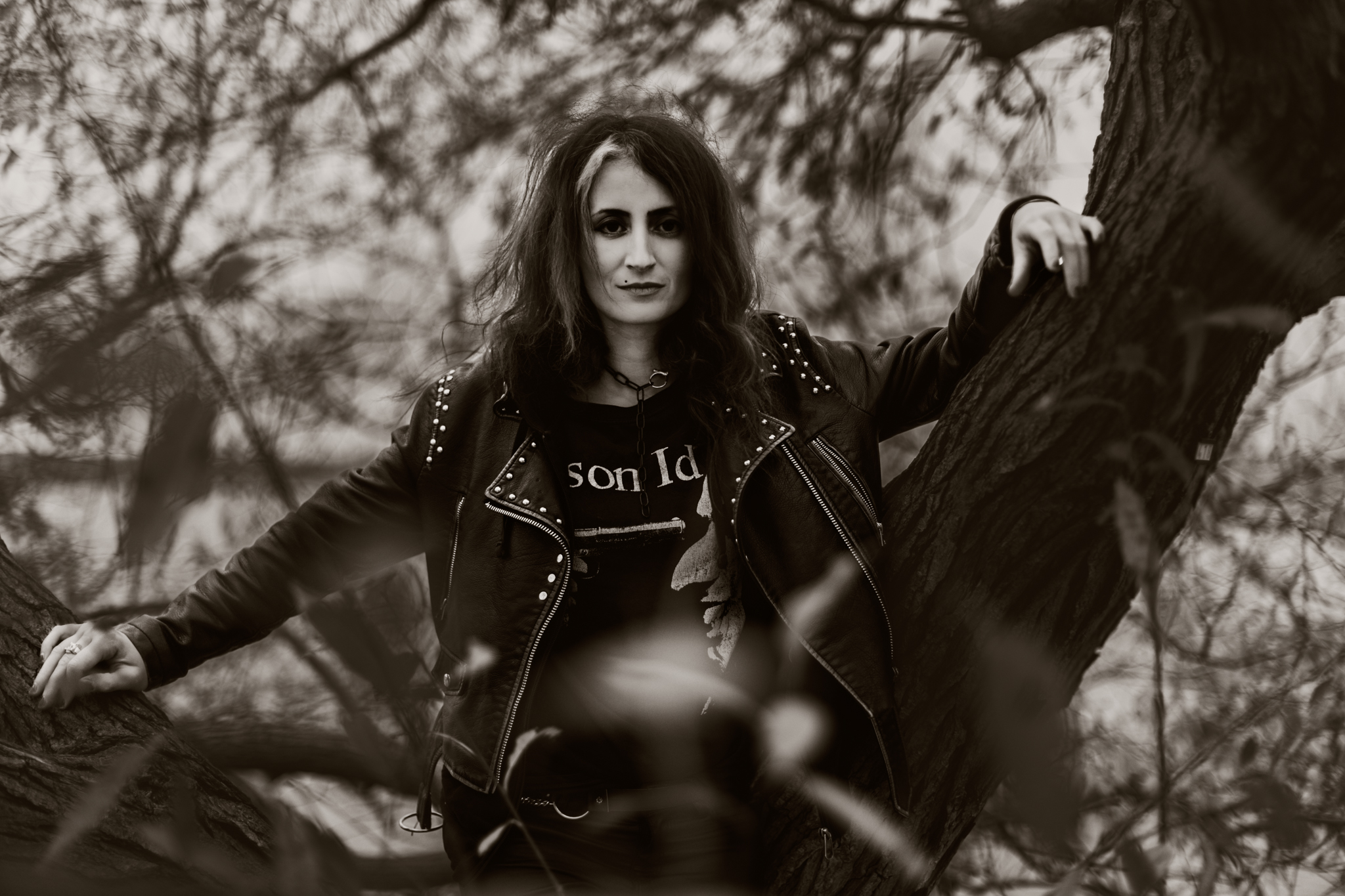
Do you have idols when it comes to writing lyrics? Are there bands or people where you especially like the lyrics?
That’s a really good question and I would really need some more time to think about this! But before the interview we were talking about MESSA and I also love the lyrics of their songs. The lines can be short yet so full of meaning. I can also mention Emma Ruth Rundle, King Woman and going back to punk-hardcore: G.L.O.S.S. Also, any project in which Justin Pearson is involved/writes lyrics (RETOX, HEAD WOUND CITY etc.) Speaking of friends and bands I know in person, NIGHTMÄRR and DEMON HEAD have great lyrics.
How is the progress with making your second album?
We have a few new songs already and we were also working on a split release for the last year with another band but unfortunately it didn’t work out. So then we decided to release a single in November. Hopefully the album will be finished soon.
APTERA is an all-women band. Is this any different than being in a mixed band?
Hm, it’s hard to answer because since I am actually part of it, I sometimes don’t even see it as an all women band anymore, haha. I know it’s strange, but if you see it as a band with those people, whatever they are. As I said, it’s not the first time that I have a band in this type of constellation. I have to say that now I see more and more bands like this in the world of heavy music, which is great! And the more you play shows around, the more bands you get to know. For example, LURCH from Vienna, NIGHTMÄRR from Gothenburg (already mentioned above), just to name a couple. Both great bands!
Going back to the main question, while sometimes I forget that we are all women in the band, there have definitely been moments in which we were reminded of that. From “Give me your guitar I will do your soundcheck” right before a show or crazy long lectures about our own gear in a very inappropriate moment. I heard similar stories from other female and FLINTA* colleagues, but I never hear this from any cis-male friends playing in bands.
There are things and words that might not be discriminatory per se but done in a certain context and with a certain attitude, they just become so.
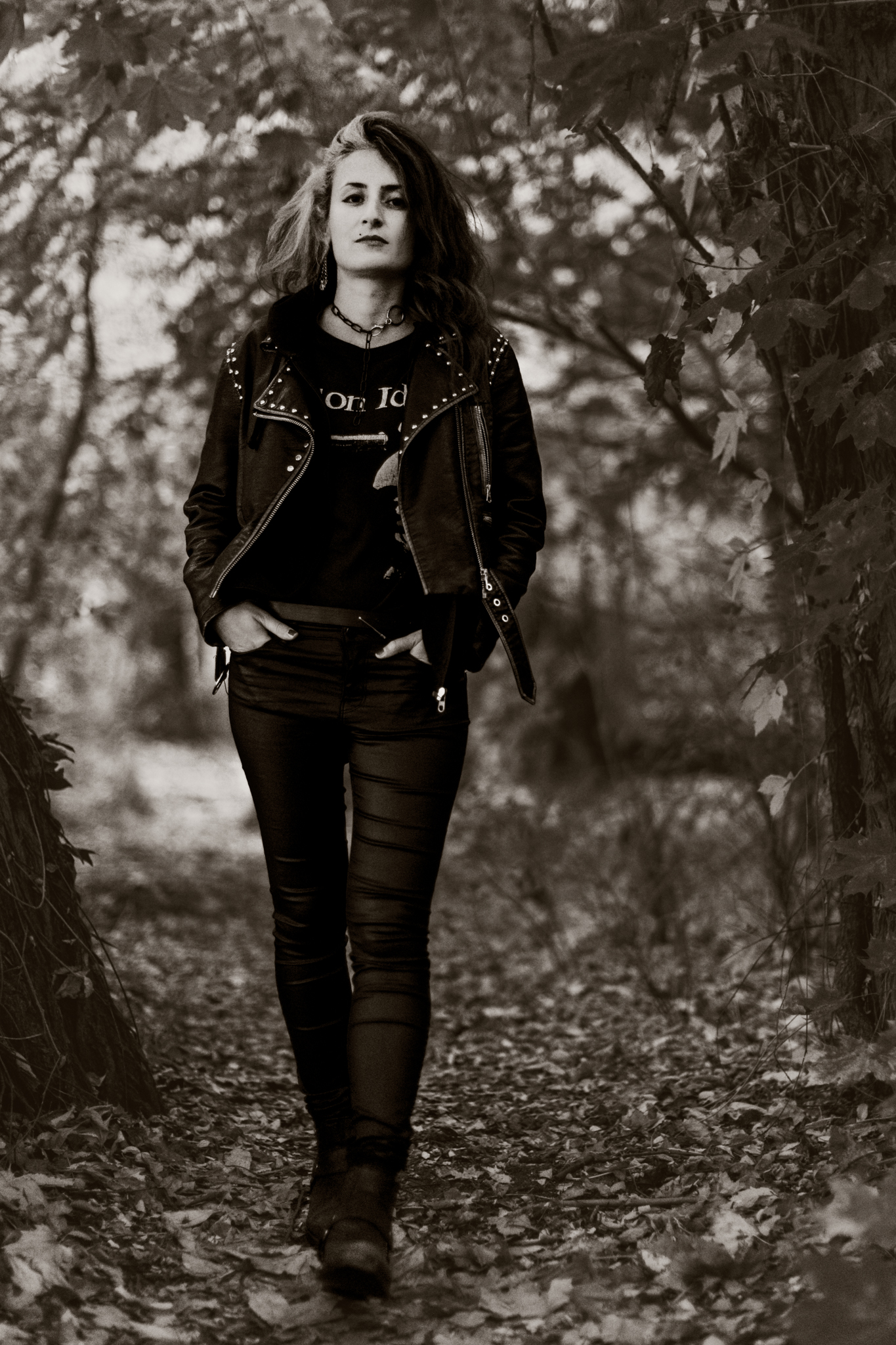
And of course, I understand your question and I understand that it can create different reactions sometimes.
On one hand it’s a fact: although things are changing, as you say, there are still fewer bands like us. We live in Berlin, which is very different from many other places. And then sometimes because we live here, I kind of forget about it. Also, in the rehearsal room where we practice, it’s a FLINTA* collective (an amazing one, actually!). And so I go there and I see only FLINTA* people. Then there’s GRRRL Noisy, a project born to give visibility to FLINTA* musicians in Berlin. So, we are kind of in a bubble and then you play at a metal festival in some other city or country and then we suddenly stand out in the middle of all the other metal bands because we just look very different and for many other reasons.
I still wonder where this comes from. Is it due to how much society still has an impact on us? Why do people think about which type of person should be making music and playing in a band, especially if metal, doom, sludge or altogether heavy music? For example, if you think about classical music, I think there is a greater female presence than in other scenes. I don’t know where it comes from. Or do I?
It’s probably the same as in many jobs. I mean this is not a job for us or not a job for me, but this is also connected to our patriarchal society and culture. Basically, it’s like there are jobs for men and there are jobs for women and that is it! And this is also super wrong. Also, always reasoning in a 100% binary way, far from representing our world. But in general, I think there have always been lesser options for women and that’s probably also the case in music.
I think my generation was more or less raised with access to a lot of things, but if I think about the generation of my mother and my grandmother, this was mostly not the case, especially in the reality of smaller towns. They were not able to do what they wanted and therefore they could not choose to pick up a guitar that easily. This can translate to the following generation, and I think that is very sad. I think it’s good when there is a break in this kind of generational patterns.
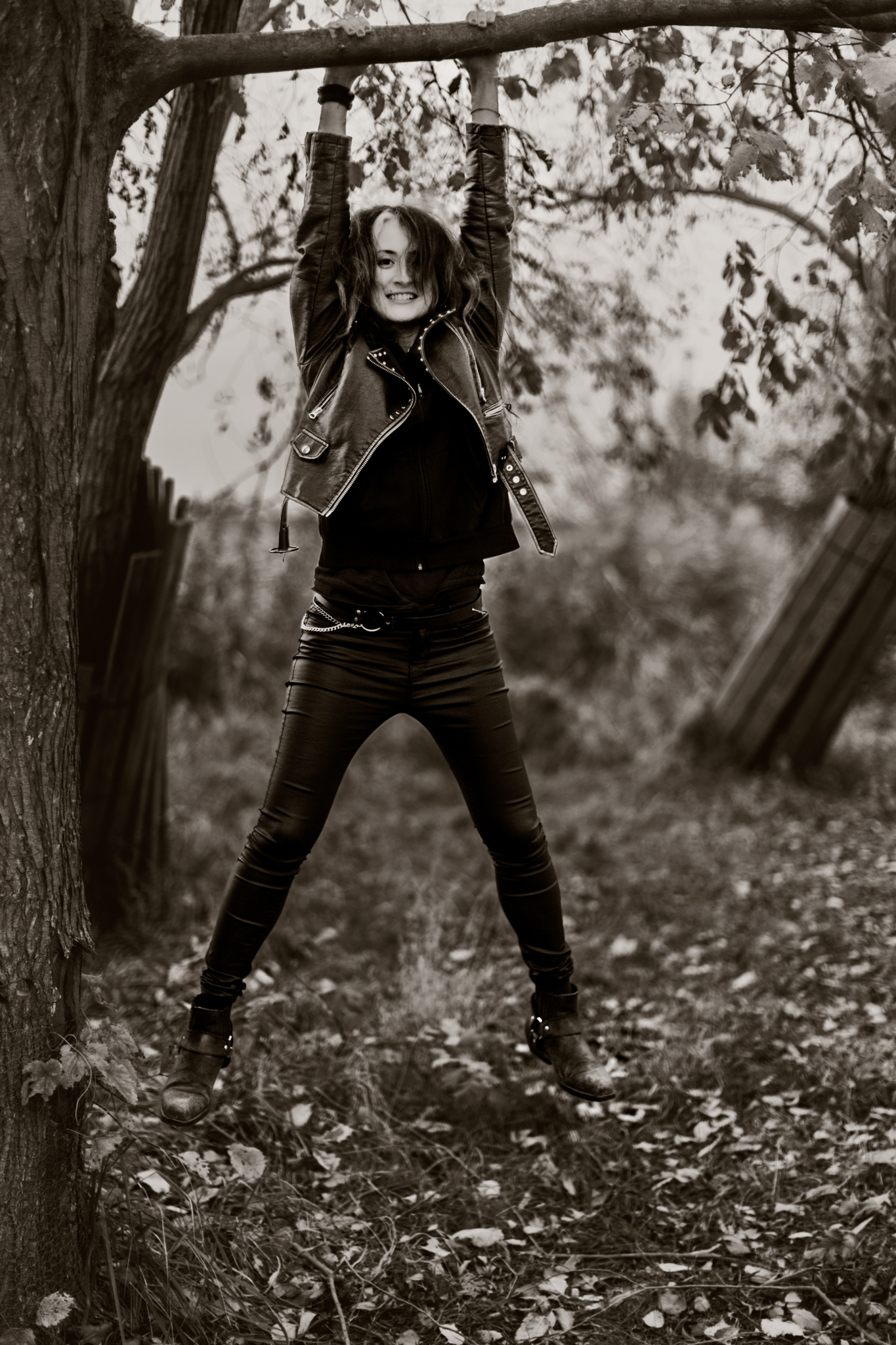
I think it takes generations to evolve into equality.
Exactly. This is something that maybe will never be over. I don’t know why. But it’s still good to keep pushing.
In our band description we hardly ever never mention that APTERA is 4 women, but our names are always present, so people might as well understand who we are. But it’s not like a “selling point” for us. We were asked if we wanted to use the fact that there are 4 women in the band as a deliberate “selling point”, but so far, our answer has been “no”.
Of course then, if people dig and read about us and check our material they will figure out who we are. But it’s not how we necessarily present ourselves to the outer world at first, at least not until now. Maybe to overcome this inequality in female and FLINTA* presence in heavy music, it would be good to start seeing it as normal? In this band there’s Sara, Celia, Renata, and Michela – we always like to put it like this just to see what happens.
To be honest, I also don’t really have a final answer here: on the other hand, I wonder if talking more about it would help increase the general visibility of FLINTA* people in heavy music? I really don’t know!

It’s the same with the term female fronted. I mean, what does it matter? I read this so often everywhere.
Right! We almost had a fight with an interviewer once, because this person used this word to describe us more than once in the conversation. It really annoyed me, because does anyone ever say male-fronted? Also, we are all women, so we are all to the front, haha. We said something like that, but then this person didn’t really understand our point and kept saying “so, as a female-fronted band…” to introduce the following question. And then we also got a weird question from this person, just to make it even worse: “what was the cheesiest thing that a guy told you after a concert?” What kind of question is that even? Hahah, crazy.
So, as you can see we definitely have some stories to tell but I have to say that overall this does not happen on a daily basis, at least not in our small circle. But well, as we said before we live in Berlin which is quite different compared to many other places and luckily, we have nice people around us that go beyond this and have a similar mindset to ours.
I mean, we really have a great audience, also in terms of nice conversations before and after the shows, often with other women and FLINTA* people. People are very supportive and interested. I think that normalising the fact that we are there and doing this is important. If we look around us, it’s not yet completely the “standard” and I really don’t know why! It is (I think) part of a bigger structural problem, as said before, but the day that at your local doom, metal, psychedelic heavy music festival FLINTA* bands will not be a minority, it will be a good day!
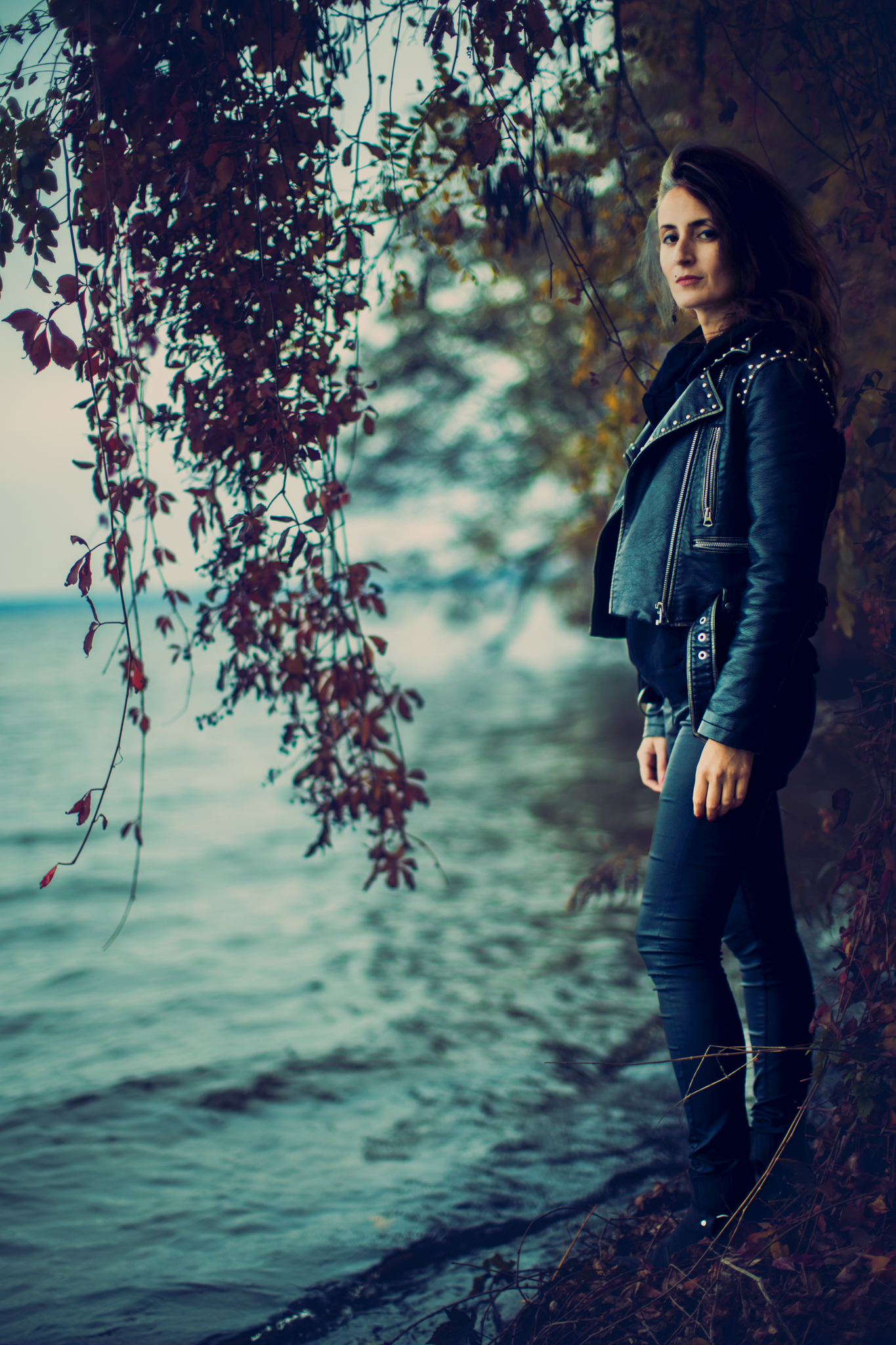
Check out APTERA on:
Bandcamp: BANDCAMP
Instagram: INSTAGRAM
Facebook: FACEBOOK
Thanks to Ezio Sabottigh for proofreading.
(C) DEPICTED Magazine April 2025
No usage of the photos without permission.
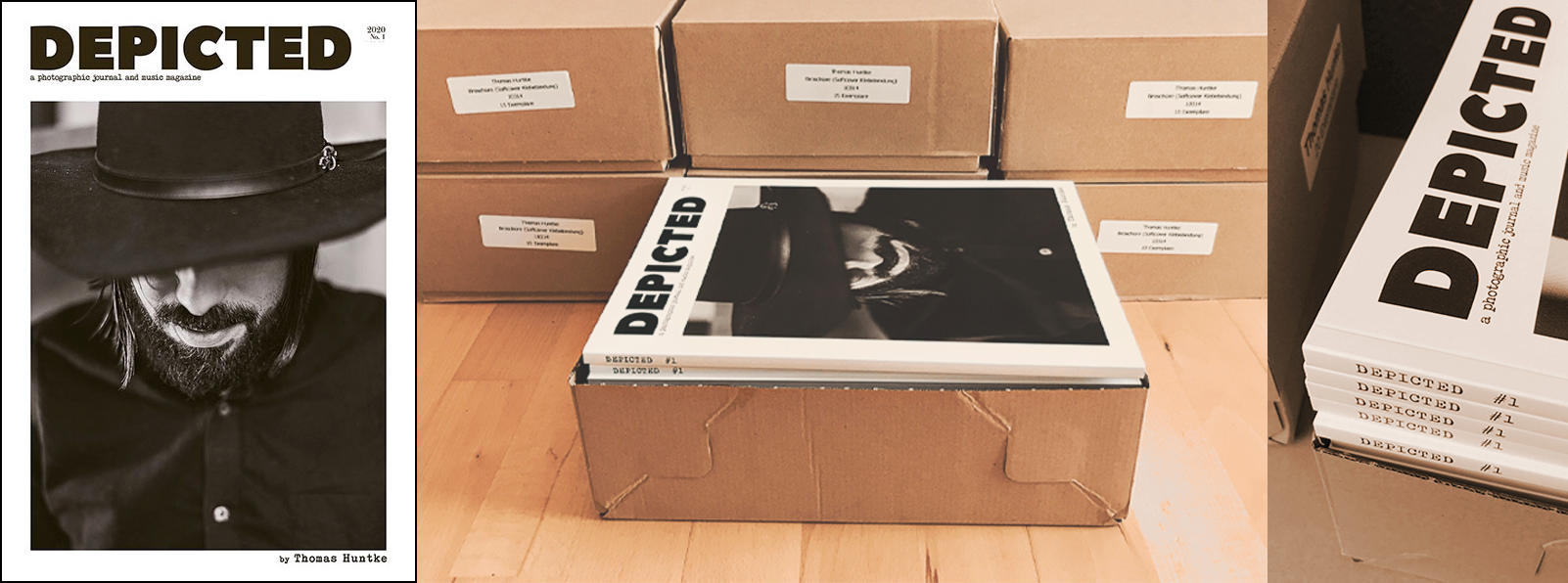
Read on:
Interview with Sara from MESSA / DEPICTED #1
Your tour with SABBATH ASSEMBLY has just finished. When you come back home after such a long tour, is it a relief or are you rather sad? Both of them. Being on tour is as much fun, and as......
Interview with Toni from (Dolch) / DEPICTED #1
ENNIO MORRICONE – “Once Upon A Time In The West” [from the 7”, 1968 / German: “Spiel mir das Lied vom Tod”] This is one of my first childhood memories: There is a man hanging on the gallows, standing on......
Interview with Justin Sullivan from NEW MODEL ARMY / DEPICTED #1
Last night you played at a festival dedicated to world peace. Did you ever believe in such a thing? I read somewhere that some historians did some research. In the total of human history there had been a period of......
Interview with Alex Ithymia from SUNSHINE & LOLLIPOPS and BHNP / DEPICTED #1
So let’s switch to English now. I am very curious about your accent. It’s horrible. Ever heard THE SCORPIONS speak English? I am slightly better than Rudolf, but not much [laughs]. It’s a bit strange to talk to a......
Interview with Shazzula from Wolvennest / DEPICTED #1
Shazzula is an interesting name. Where did you find the inspiration for it, and does it have a meaning? Well, in the early days of Napster, I spent some time there exchanging musical interests with some people. Everyone was......
Interview with Marcelo Aguirre from EVIL SPIRIT / DEPICTED #1
You are one of the people with the most diverse taste in music that I know. From metal to jazz to experimental and electronic music, you listen to everything. Was it like this from the beginning, or did it......
Photoshoot with LAUREN RUTH WARD/ DEPICTED #1
Unfortunately there was no time to do an interview, so this is a photo gallery feature. Enjoy. See the complete set of photos with Lauren in fullpage size in the print issue of DEPICTED. Get your copy......
Interview with Malte from NECROS CHRISTOS and SIJJIN / DEPICTED #1
The era of NECROS CHRISTOS is coming to an end. You released the last album and now you are playing the last concerts. Have you already reflected on a personal conclusion to this project? What were your highlights and......
Interview with EVILYN FRANTIC / DEPICTED #1
I heard this story once, that when you started your life as an artist, you ran away with the circus. Is this true, or is it just a legend? No, it is very true. I kind of ran away......
Interview with Lupus Lindemann (KADAVAR) / DEPICTED MAGAZINE Oct 2023
What do you want to talk about? Difficult question… In any case, I have never started an interview this way. [laughs] Normally you have your answers laid out already, and you know what you want to say. You meander......
Interview with Yvonne Ducksworth (TREEDEON) / DEPICTED MAGAZINE Nov 2023
What do you want to talk about? I do have one thing that I do want to get right out there. Something that obviously has to be said. Everybody should wake up and start doing their part, no......
Interview with S. M. from E-L-R / DEPICTED MAGAZINE Jan 2024
What do you want to talk about? This is a difficult question. A very open one. What´s on your mind these days? A lot. The world-weariness is very present with me. On the one hand it’s the ongoing......
Interview with Joshua Murphy | April 2024
You are from Australia. How did you grow up there? I was born in what is known as rural Australia, about 100 kilometres outside of Melbourne in a place called Tourello. There is nothing there. I was raised......
Interview with Michela from APTERA | April 2025
What do I want to talk about? Uncomfortable topic! Lately I was talking with some friends about how, especially in the country where I’m from [Italy], even if you are an agnostic adult person, religion has been, at......
Interview with Uno Bruniusson (Perkwuno, UnoX, Maggot Heart, Delving) | October 2025
For me, you are the guy who plays in a lot of bands and has a lot of projects. So what are the bands you play in right now? What are you doing right now at the moment?......
DEPICTED LIVE! – SIJJIN | Berlin, September 2025
DEPICTED LIVE! is a new category on this website, where I present some portrait photos that I shot at live concerts. I’ll kick off this new post format with mighty SIJJIN, live at Neue Zukunft in Berlin, September 28th, 2025.......







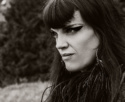
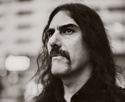



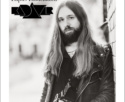
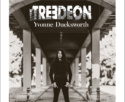

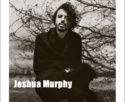

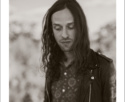

Sorry, the comment form is closed at this time.